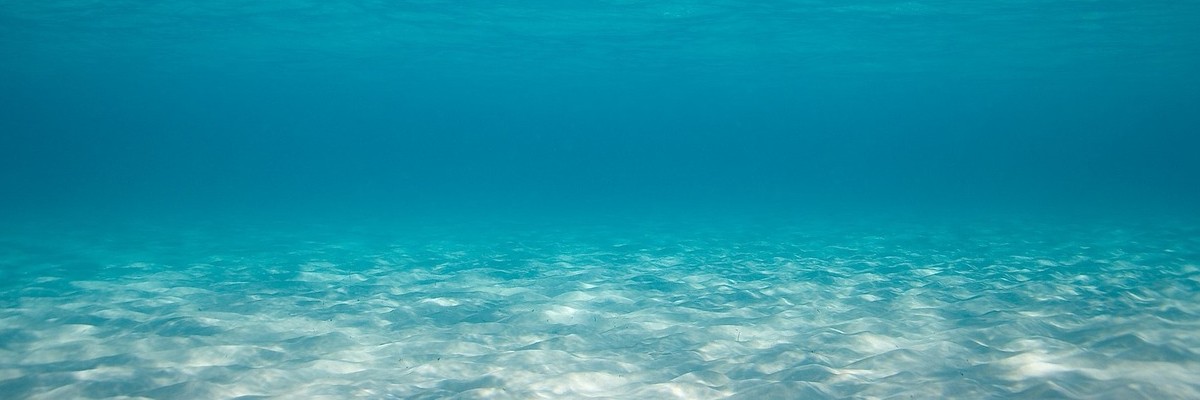The decrease in oxygen levels in oceans is a major threat to fish and marine ecosystems. Global warming contributes to this problem as the oceans become increasingly deprived of oxygen. This change affects fish species, which must seek new habitats or adapt to the low oxygen levels. While some species manage better in these conditions, others are forced to leave their usual environment. The consequences include a reduction in species diversity and a decline in the resilience of marine ecosystems.
Researchers warn that the decrease in oxygen levels will lead to a significant reduction in species diversity in many regions. This means that only a few species will survive and adapt to the more challenging conditions. This lack of ecological diversity affects the stability and functioning of marine ecosystems. Climate change and pollution are factors contributing to the decrease in oxygen levels in oceans. Increased water temperature and changes in water movement affect its ability to maintain dissolved oxygen. This problem must be addressed to protect marine life and ensure a sustainable future for marine ecosystems.
To counter this threat, it is necessary to protect and conserve the marine environment. Reducing greenhouse gas emissions and limiting pollution are essential measures. It is also important to promote sustainable fishing practices and responsible management of marine resources. These actions can help maintain adequate oxygen levels in oceans and protect fish species and marine ecosystems. A concerted global effort is crucial to ensure a healthy and sustainable marine environment for future generations.
Source: E360 Yale

